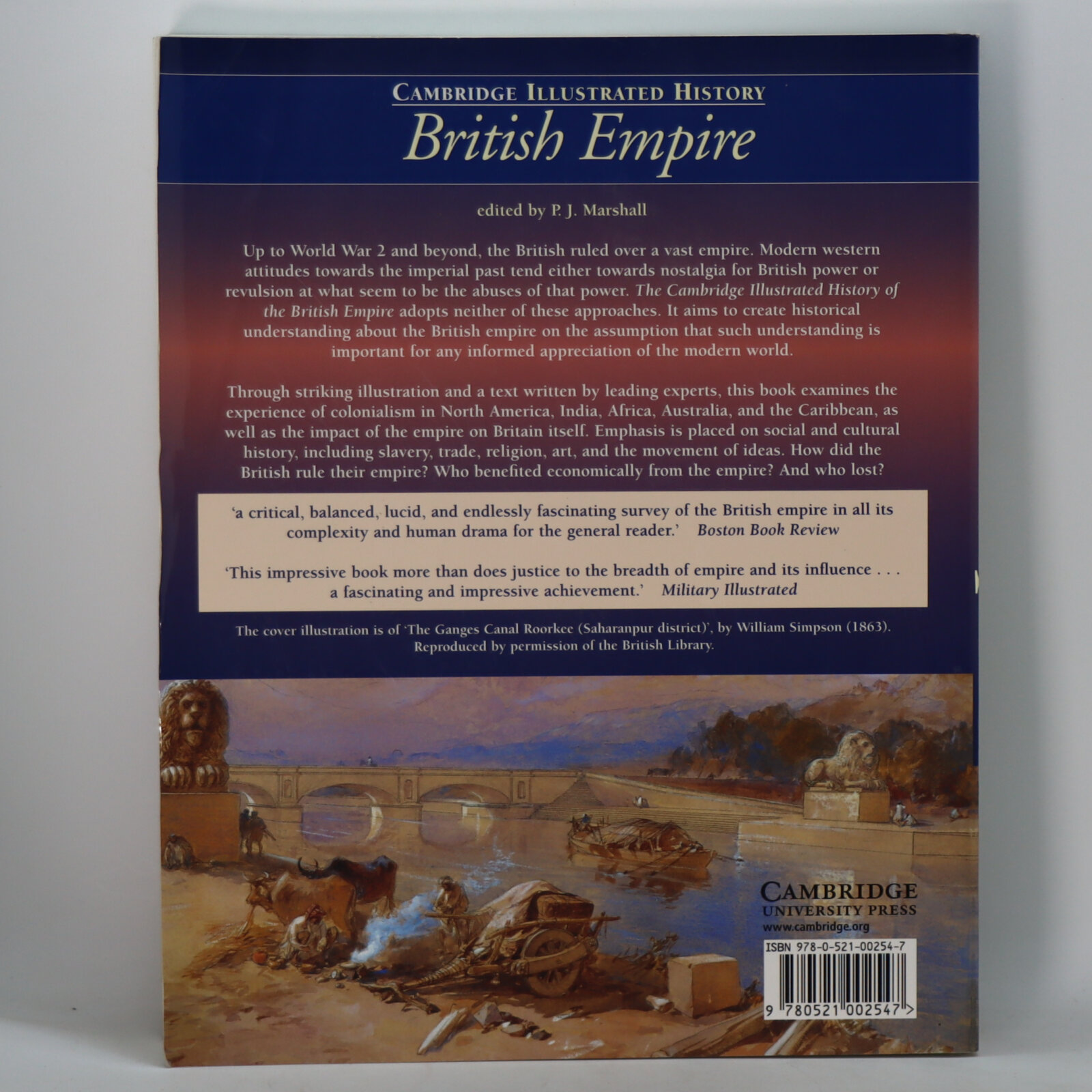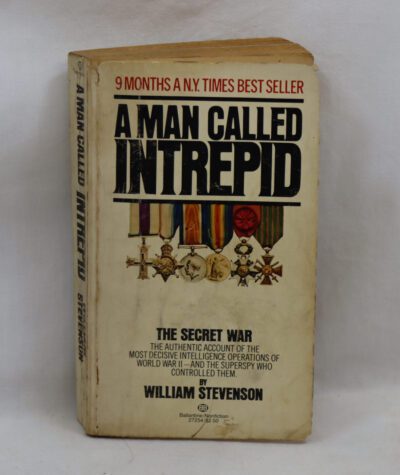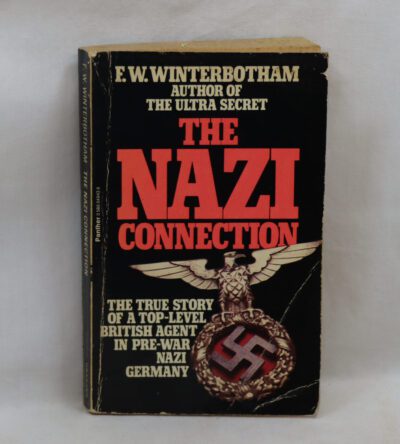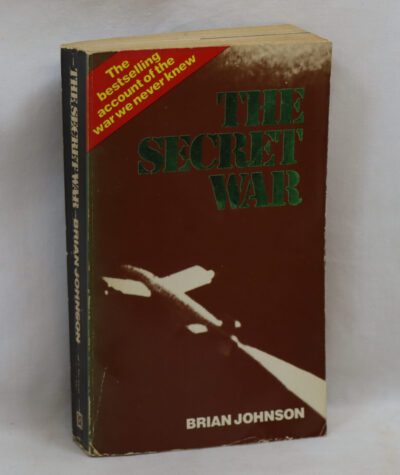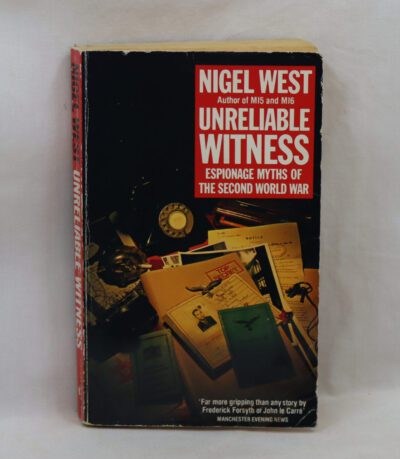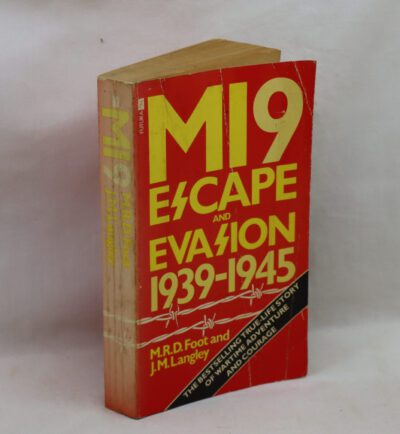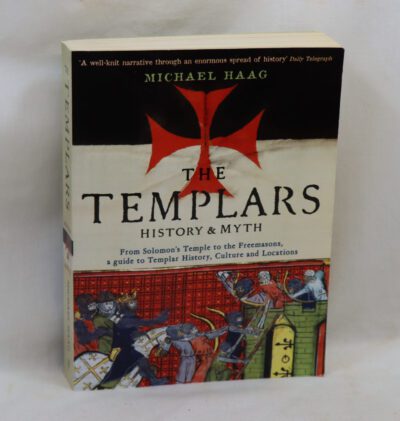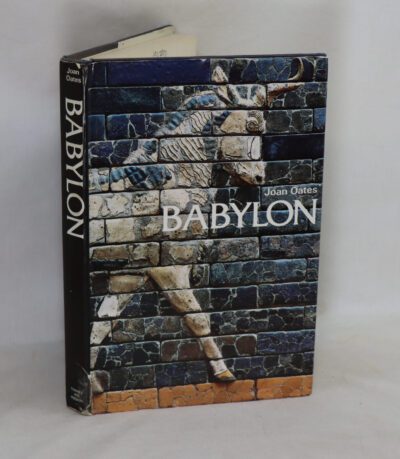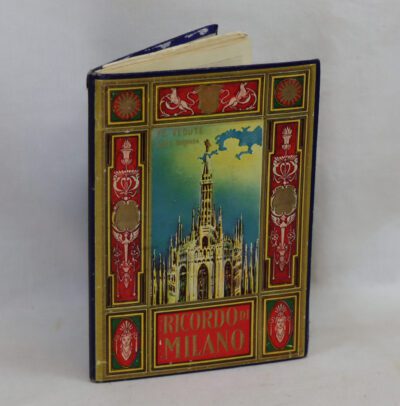British Empire.
By P J Marshall
ISBN: 9780198841203
Printed: 2008
Publisher: Cambridge University Press. Cambridge
| Dimensions | 20 × 25 × 3 cm |
|---|---|
| Language |
Language: English
Size (cminches): 20 x 25 x 3
Condition: Fine (See explanation of ratings)
Item information
Description
Softback. Black cover with yellow title on the spine and front board.
F.B.A. provides an in-depth photographic presentation of this item to stimulate your feeling and touch. More traditional book descriptions are immediately available.
A well-produced and balanced book.
Up to World War II and beyond, the British ruled over a vast empire. Modern western attitudes towards the imperial past tend either towards nostalgia for British power or revulsion at what seem to be the abuses of that power. The Cambridge Illustrated History of the British Empire adopts neither of these approaches. It aims to create historical understanding about the British empire on the assumption that such understanding is important for any informed appreciation of the modern world. Through striking illustration and a text written by leading experts, this book examines the experience of colonialism in North America, India, Africa, Australia, and the Caribbean, as well as the impact of the empire on Britain itself. Emphasis is placed on social and cultural history, including slavery, trade, religion, art, and the movement of ideas. How did the British rule their empire? Who benefited economically from the empire? And who lost?
Review: If you want a balanced view of the British Empire then ignore this left-wing garbage. It’s presented as dispassionately academic, but I could give many examples of the self-loathing anti-British sentiment which runs through the whole book. The best example is Hong Kong, where it concludes that we let the people down by honouring a 99 year lease to hand the territory back to the Chinese, the argument being made that we should have handed the territory over to a new self-governing nation. Sure the lease agreement was agreed with the historic rulers of China, and we then had the communist revolt, so there was a change in system, but it seems obvious to me that the new rulers inherit the agreement of their predecessors who ran the country. Anything else would probably have ignited a war between Britain and China, as well as being a violation of the lease agreement, which the authors have conveniently overlooked. The “one country two systems” model ultimately brokered was the only real practical and honourable solution.
And of course, zero credit is given to the British for creating a wildly successful beacon of capitalism and global trade in Hong Kong, not to mention free speech, which enriched Hong Konger’s lives for decades, and now that it’s in danger demonstrators are waving the Union Jack to show support for what the British brought to them – not bad for exploited natives, I only wish some Brits were equally patriotic! Of course, the British Empire was built mostly by force, but then empire-building was the norm at the time, and every other developed country was doing it. So yes, by all means give us the nasty and disgusting parts, but a bit of historical context would be useful as well.
Want to know more about this item?
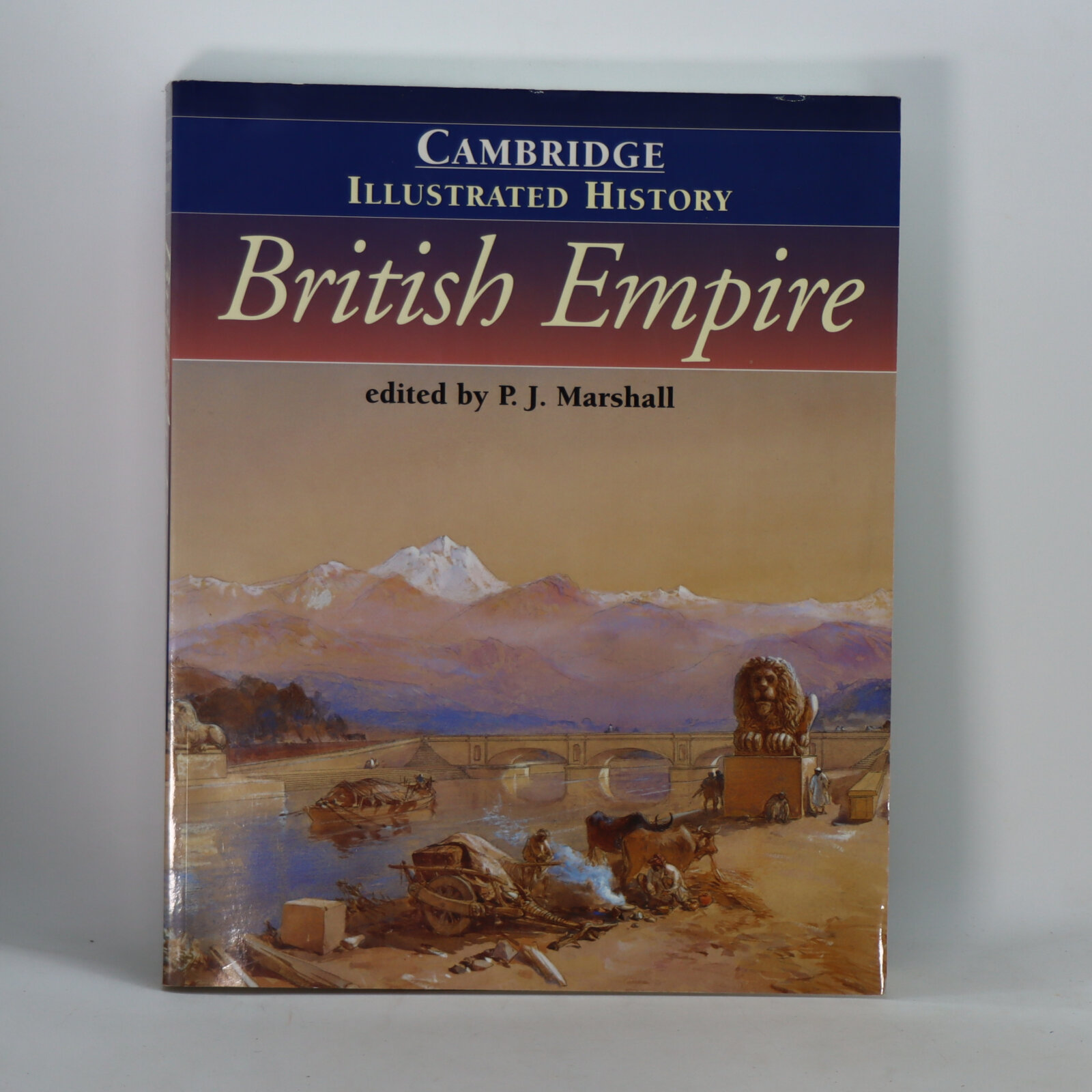
Related products
Share this Page with a friend

